KCET Exam Pattern 2026
Decoding KCET Exam Pattern 2026: A Comprehensive Guide
The Karnataka Common Entrance Test (KCET) 2026, a pivotal examination for aspiring engineers and medical professionals, follows a well-defined exam pattern. Understanding this pattern is crucial for effective preparation. In this page we go through KCET 2026 exam pattern
| Particulars | Details |
| Examination Mode | Pen-paper based examination |
| No of Sessions | Session 1 Mathematics |
| Session 2 Physics | |
| Session 3 Chemistry | |
| Session Biology | |
| Medium of Language | English or Kannada |
| Exam Duration | 80 mins per session |
| Question Type | Objective (MCQs – Multiple Choice Questions) |
| Total Number of Questions (Including all the sessions) | 180 Questions |
| Number of Sessions | 4 |
| Number of Questions per Subject | 60 Questions in each Subject |
| Marking Scheme | 1 mark will be allotted for each correct answer. There is no negative marking in the exam. |
Sections and Subjects
The KCET 2026 examination dives deep into three fundamental subjects, each bearing its unique significance:
- Physics: In the Physics section, candidates’ comprehension of fundamental principles governing the physical world is put to the test. This encompasses a broad spectrum of topics, ranging from classical mechanics and electromagnetism to optics and modern physics. Aspiring engineers are expected to demonstrate a solid grasp of these principles, showcasing their ability to apply theoretical knowledge to real-world scenarios.
- Chemistry: The Chemistry segment of the KCET 2026 exam delves into the intricate world of chemical concepts and principles. From understanding the properties of matter to mastering the intricacies of organic and inorganic chemistry, candidates need to exhibit a comprehensive understanding of chemical phenomena. This section evaluates not only theoretical knowledge but also the application of chemical principles in various contexts
- Mathematics: The Mathematics section is designed to gauge candidates’ mathematical aptitude and problem-solving skills. Topics span across algebra, calculus, geometry, and statistics. Engineering aspirants are tasked with solving mathematical problems that not only test their theoretical knowledge but also assess their ability to apply mathematical concepts in practical engineering scenarios. This section aims to identify candidates capable of handling the mathematical intricacies often encountered in engineering disciplines.
- Biology: Unlike engineering aspirants who face mathematics, medical candidates tackle questions related to biology. This section focuses on life sciences, covering areas such as botany and zoology. Aspiring doctors and healthcare professionals need to demonstrate a comprehensive understanding of biological systems, cellular processes, genetics, and other vital aspects of living organisms.
Exam Mode
KCET 2026 adopts the traditional offline mode, where candidates engage in a pen-and-paper-based test. This classic approach requires candidates to mark their responses on Optical Mark Recognition (OMR) sheets. The utilization of OMR sheets ensures a standardized and efficient examination process, allowing for accurate and swift evaluation
To ensure accurate and valid responses in the KCET 2026 exam, candidates must follow precise instructions when filling out the OMR sheet. Here are the steps:
| Step | Instruction |
| 1. Use Pen | Candidates should use a blue or black ballpoint pen for marking answers. |
| 2. Shade One Answer | For each question, shade only one answer, ensuring proper filling of the corresponding circle. |
| 3. Marking Format | Completely shade the circle corresponding to the chosen answer. Partial or unclear markings may not be recognized during evaluation. |
| 4. CET Number Entry | Enter the CET Number on the OMR sheet accurately in BLOCK or Capital letters. |
| 5. Booklet Version | Enter the Question Booklet Version on the OMR sheet as per the provided booklet number. This ensures synchronization with the question paper. |
| 6. Shade Circles | While marking the CET Number and Booklet Version, carefully shade the relevant circles to avoid confusion. |






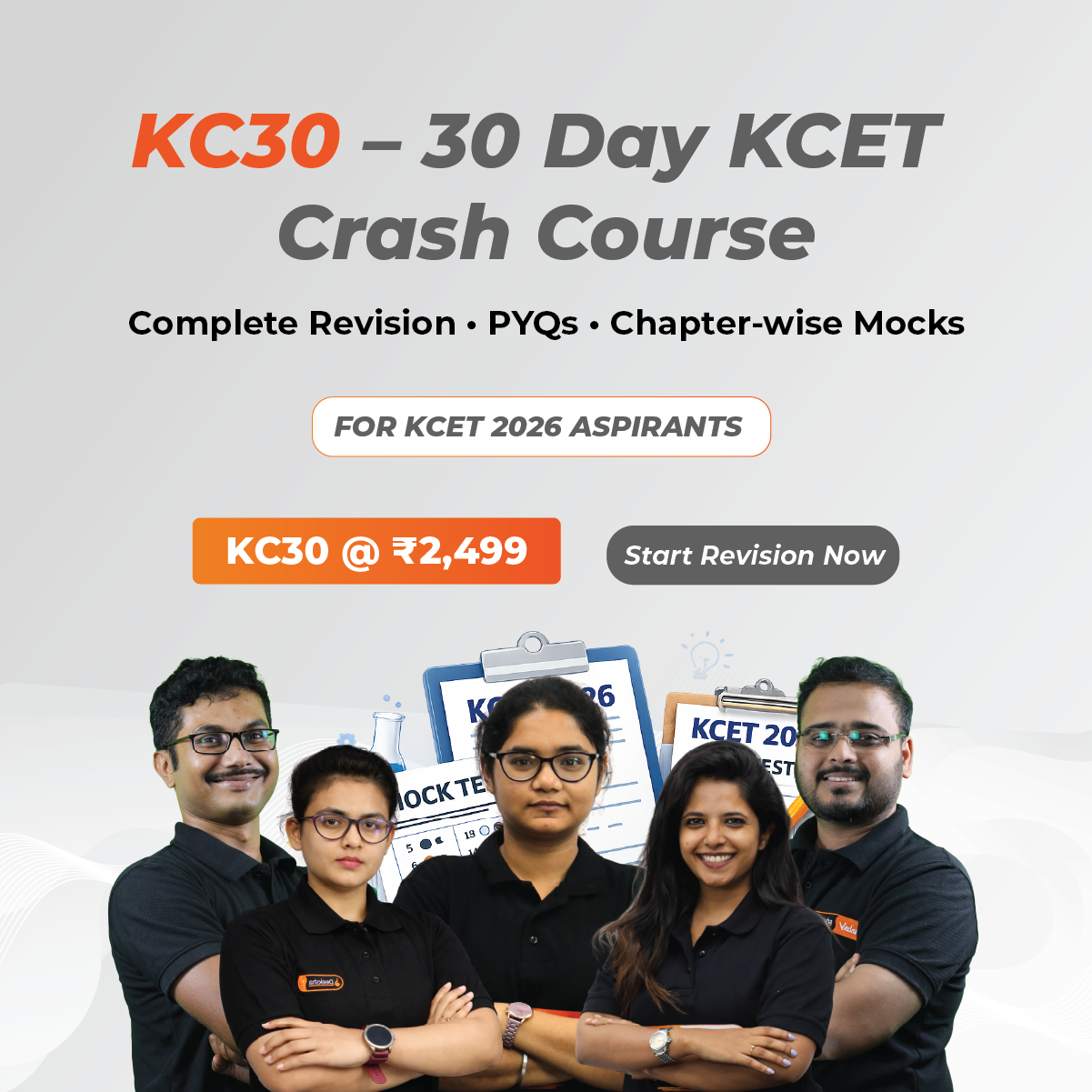


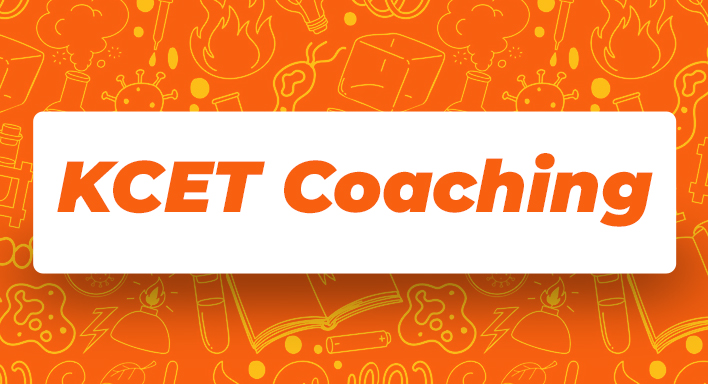
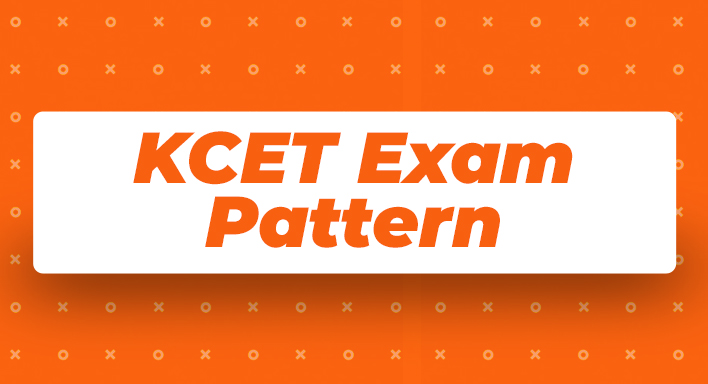
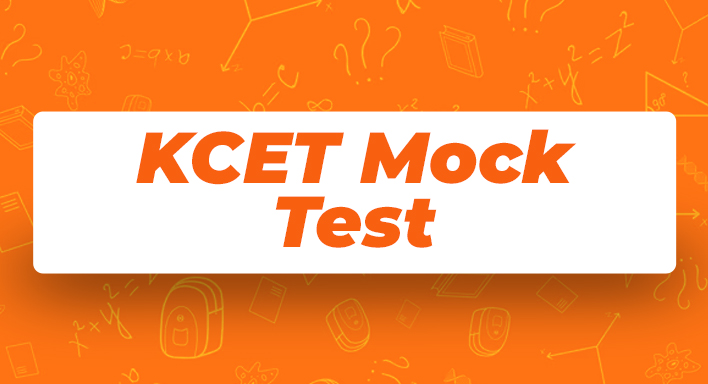
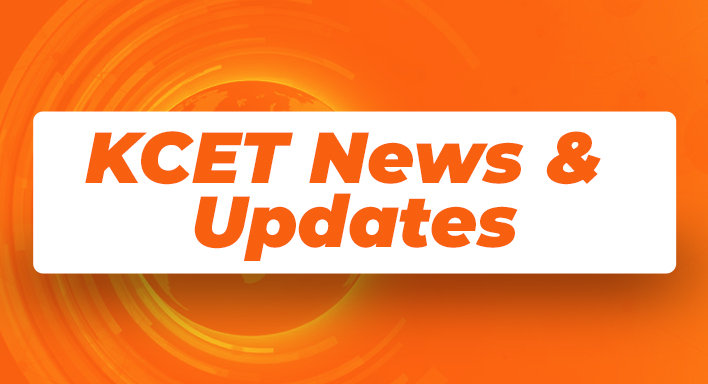
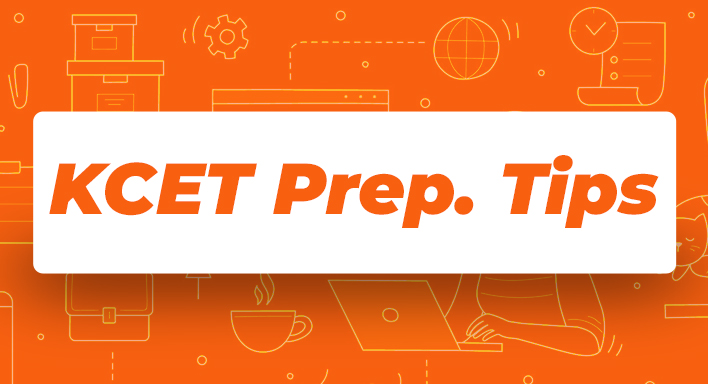
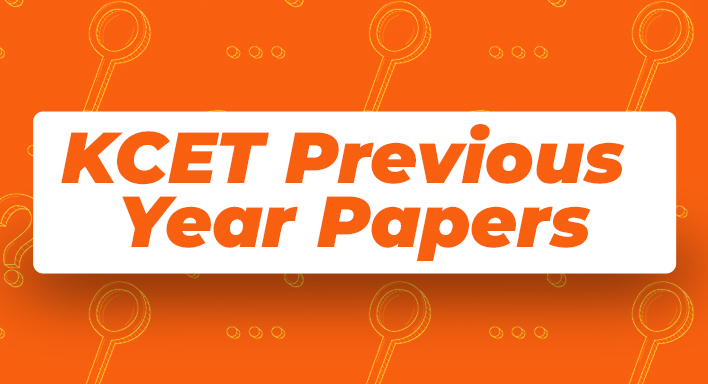
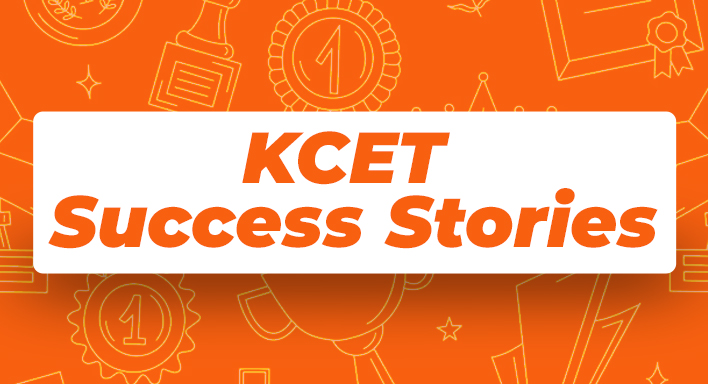
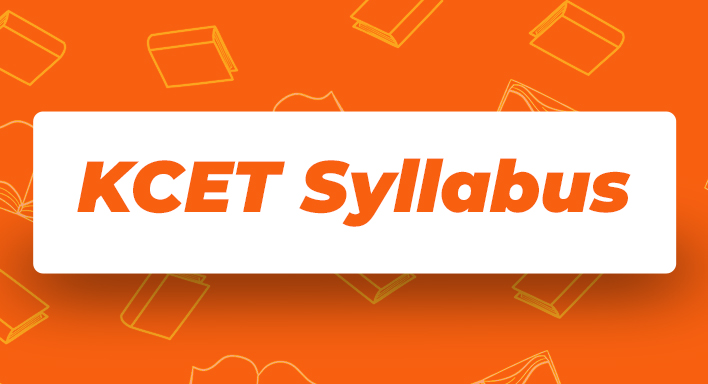
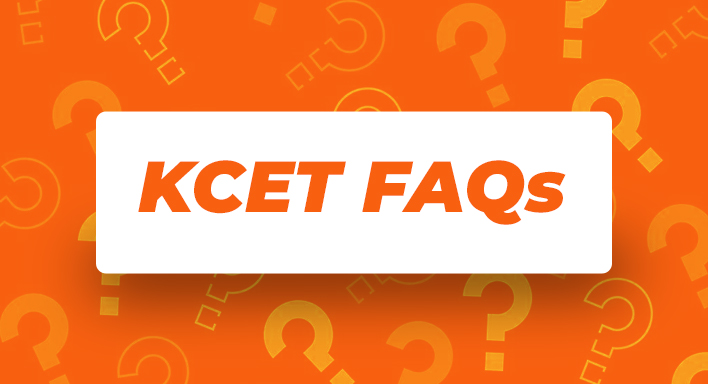
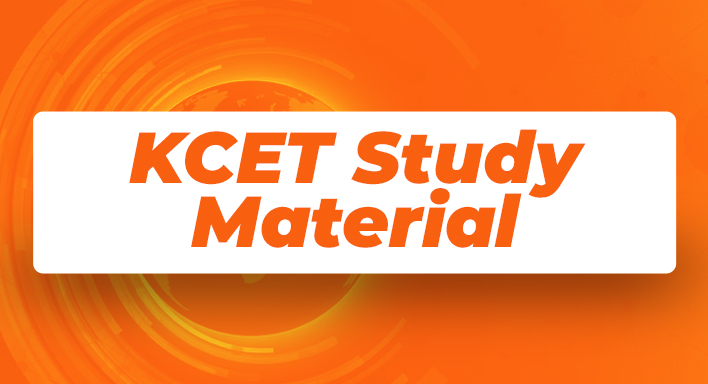


Get Social